Like a good film, a truly immersive garden has atmosphere and intrigue, created in part by movement between its different spaces. Sarah says, "[entering a garden] should be like stepping through a portal into a new world and not knowing exactly what you'll discover inside. Even in a small space, you can create intrigue by partially obscuring a view; it may be the planting of a singular tall, rush-like Restio, a wall of semi-transparent Molina grasses, a lacy-stemmed shrub, or a window cut into a hedge". Here are her tips on how to create a garden portal.
1
Freeze frame
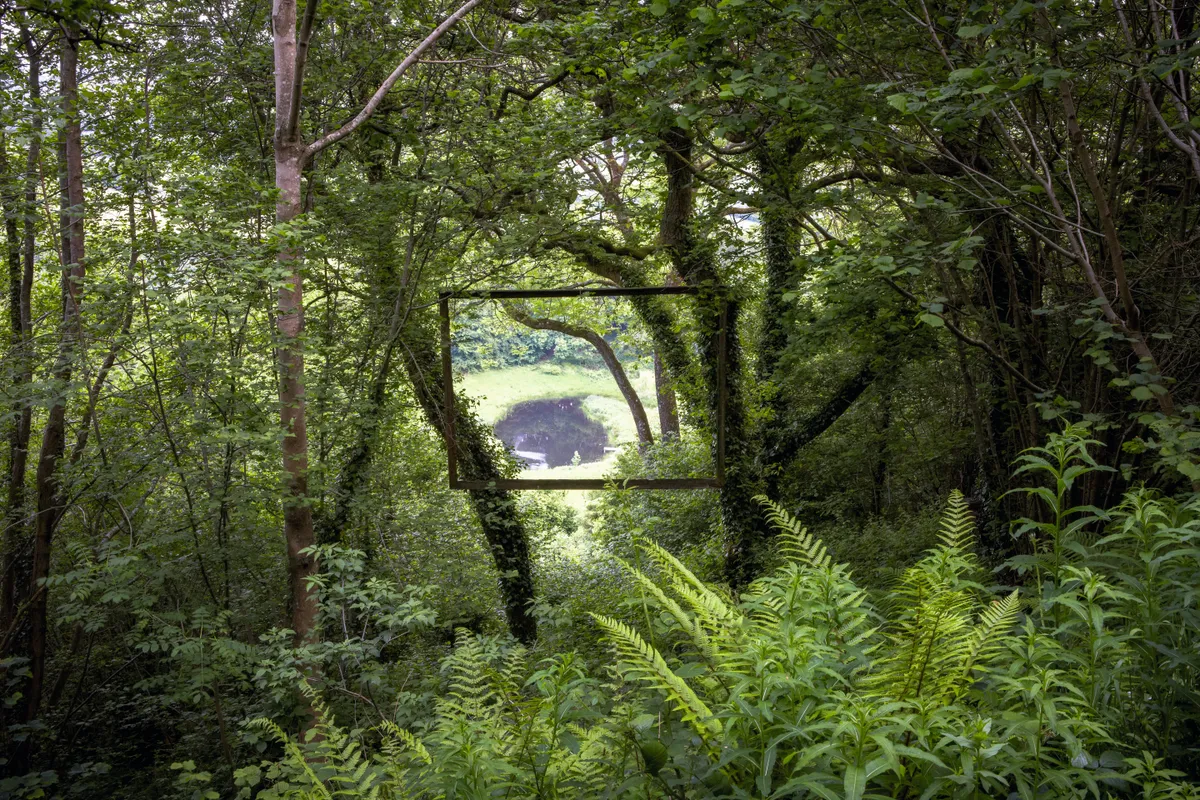
Accidentally stumbling across a distant view or being offered the chance to take a peep into another garden room invariably creates a frisson of excitement in a garden. Doorways or windows cut into walls or hedges are a wonderful way of achieving this, but sometimes simply framing a view with trees can create a dramatic reveal. When the frame or view is surprising or unexpected, the pleasure is even greater. In their garden The Pant, near Abergavenny, Camilla and Jeremy Swift have hung a frame high within the trees to offer a tantalising glimpse of another garden episode – a lakeside meadow in the valley below.
2
Natural boundary
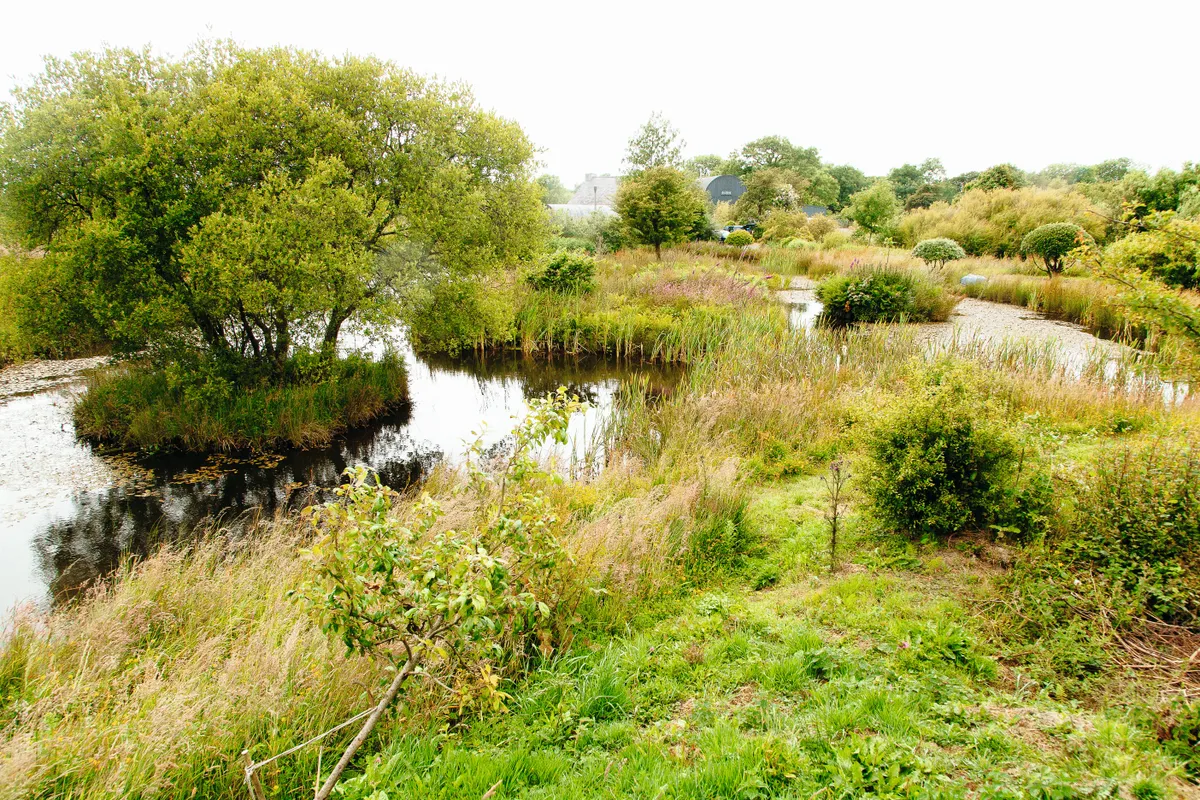
In their Pembrokeshire garden, Ty Glas, Neti de Mestre and Hugo Colville have created features, such as this island and pool, out of subtle changes in the topography. They’ve cleverly blurred boundaries between the garden and the landscape to give visitors an immersive experience.
3
Urban drama
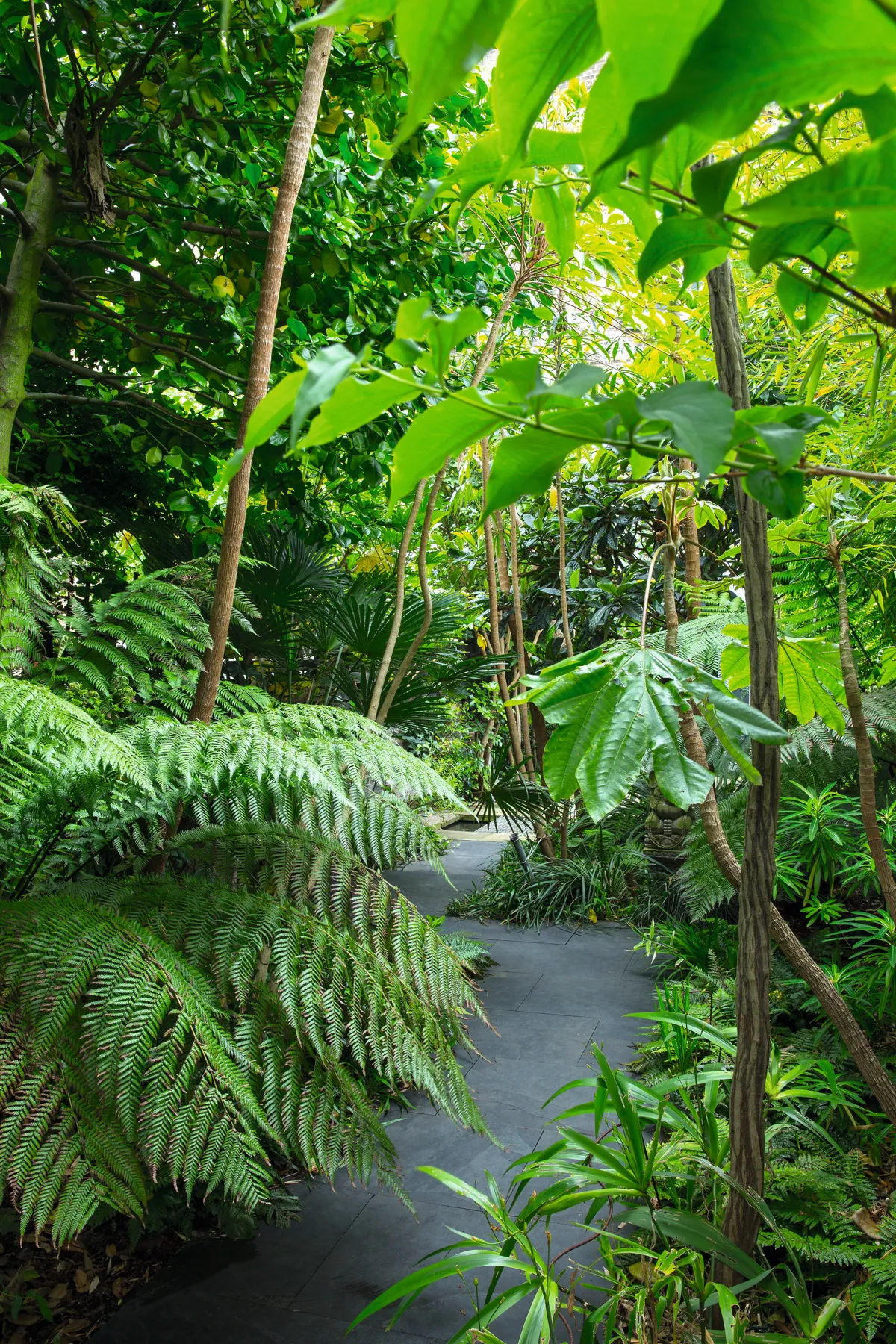
Just as the unfolding plot of a thriller with its unexpected twists and turns keeps us gripped, a garden pathway that tracks from side to side, such as in this exotic urban garden designed by Declan Buckley, or veers unexpectedly to take us on a journey, makes for a more interesting story.
4
Hidden depths
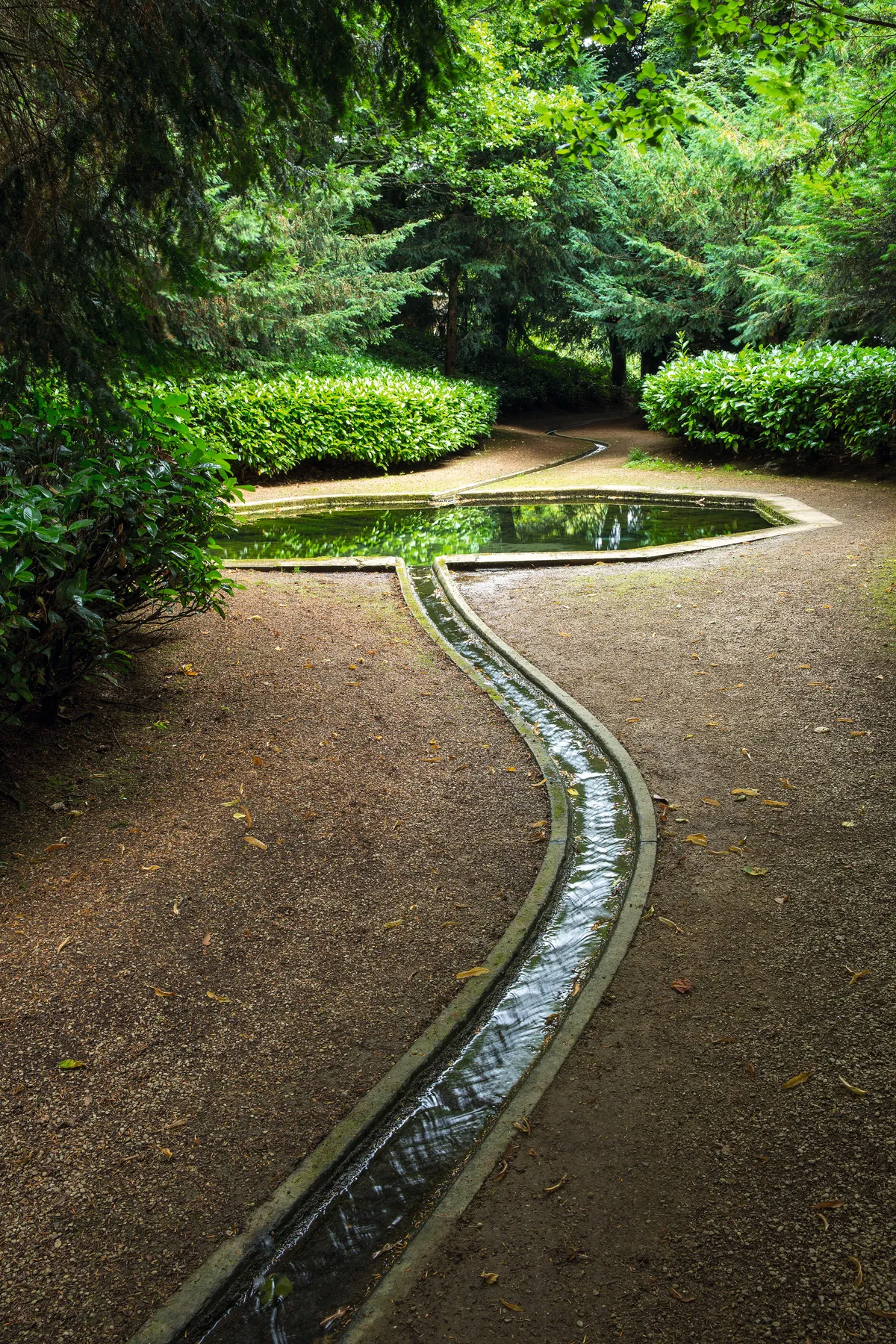
At Rousham, William Kent’s masterpiece in Oxfordshire, visitors are led on an intimate and emotive journey through the garden with endless views and surprises creating a real sense of progression. This serpentine rill pulls you through sequences of darkness and light; through dark yew towards the shimmering Cold Bath. It is totally alluring, as you never see the whole rill at once.
5
Lines of beauty
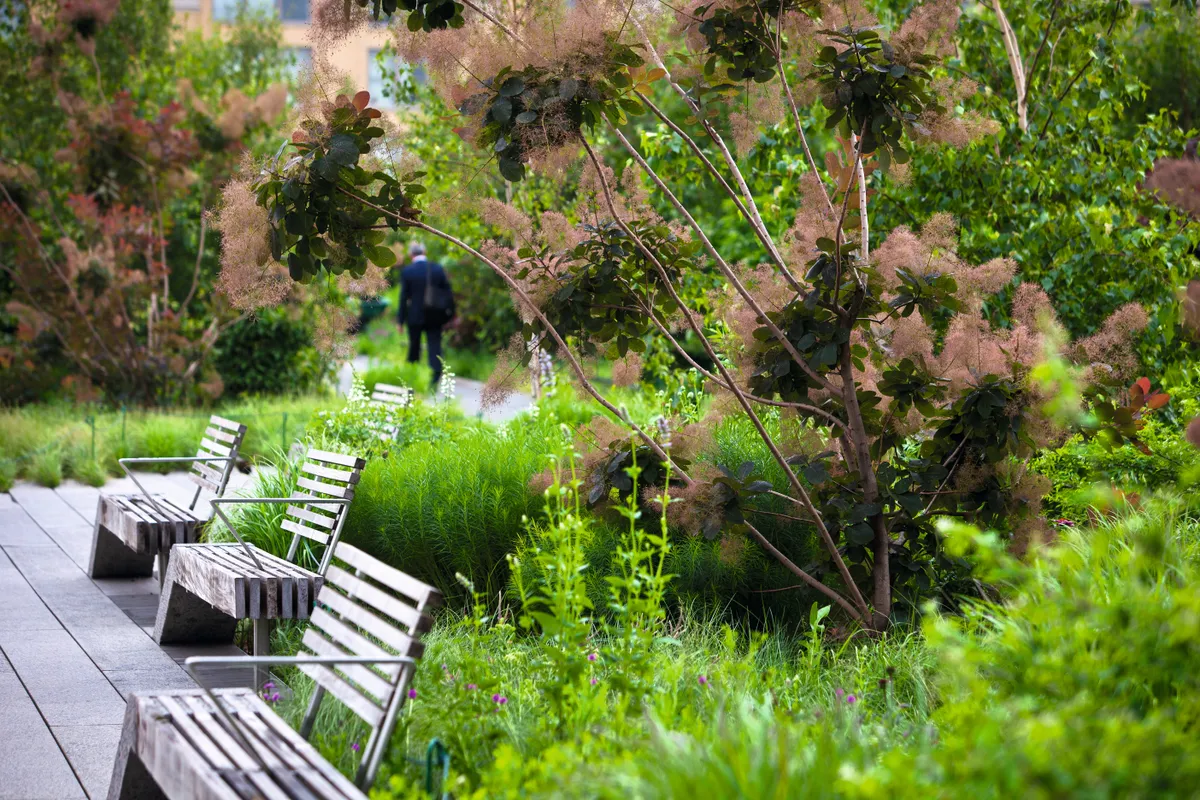
Designer Piet Oudolf has given each section of the High Line in New York a distinct character
– essential to keep interest in a long, linear park, such as this. In each section the plants, especially the trees, are distinct players in the action luring the visitor to explore further along the winding track.
6
Height of style
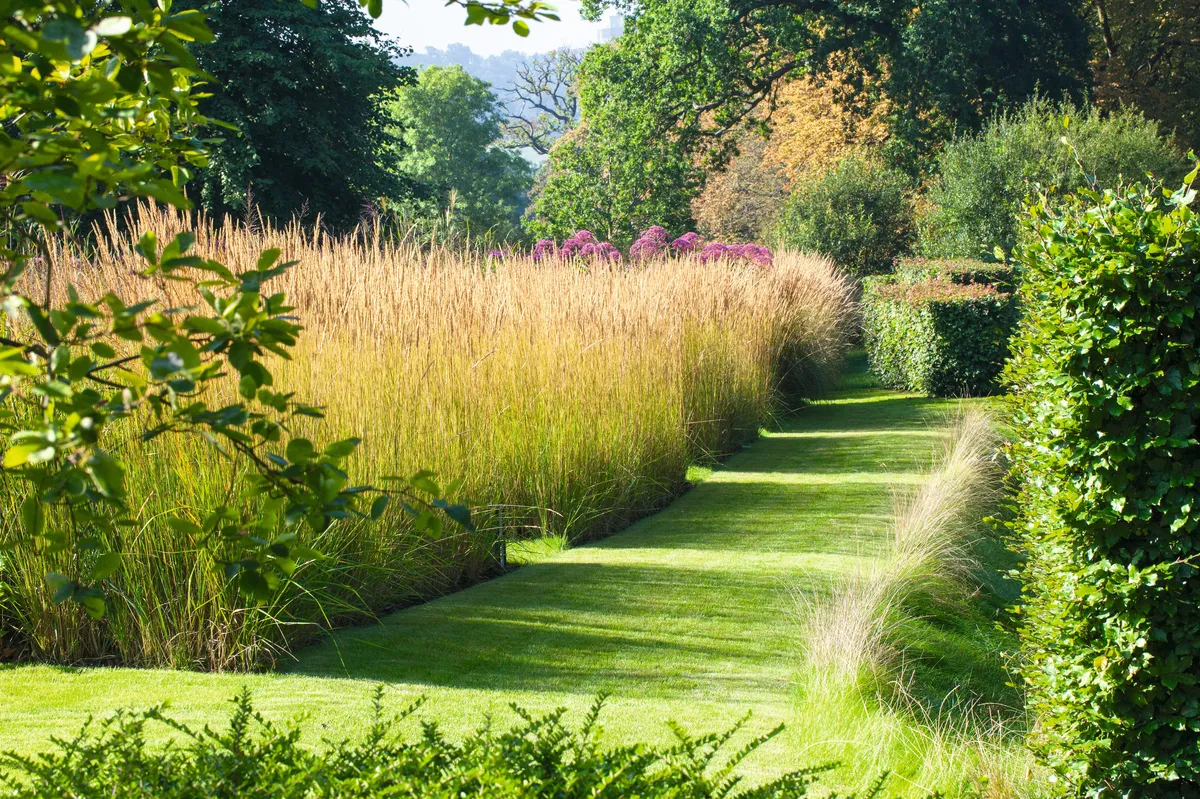
In this garden, designer and architect Christopher Bradley-Hole, has given a three-dimensional spin to a grid design. Opaque cubes of the tall grass Calamagrostis x acutiflora ‘Karl Foerster’ act as a soft foil to the more solid beech hedge.
7
Marked contrast
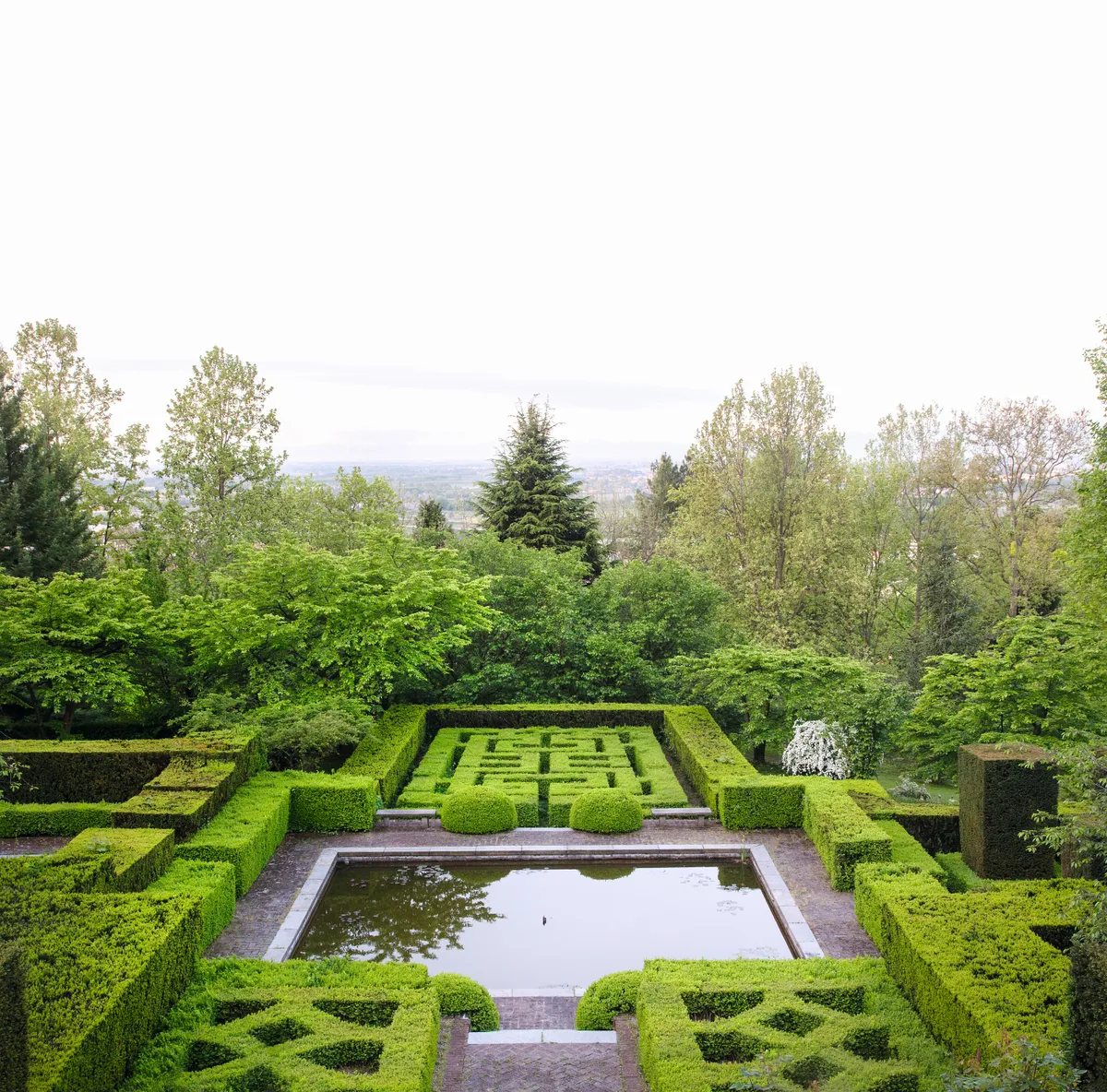
Transitions don’t have to be subtle. The late garden designer Russell Page was a master of the dramatic progression. Here, in his neoclassical garden, Villa Silvio Pellico, near Turin, a formal knot garden seems almost to float above The more relaxed woodland garden on the hillside below.
8
Shingle minded
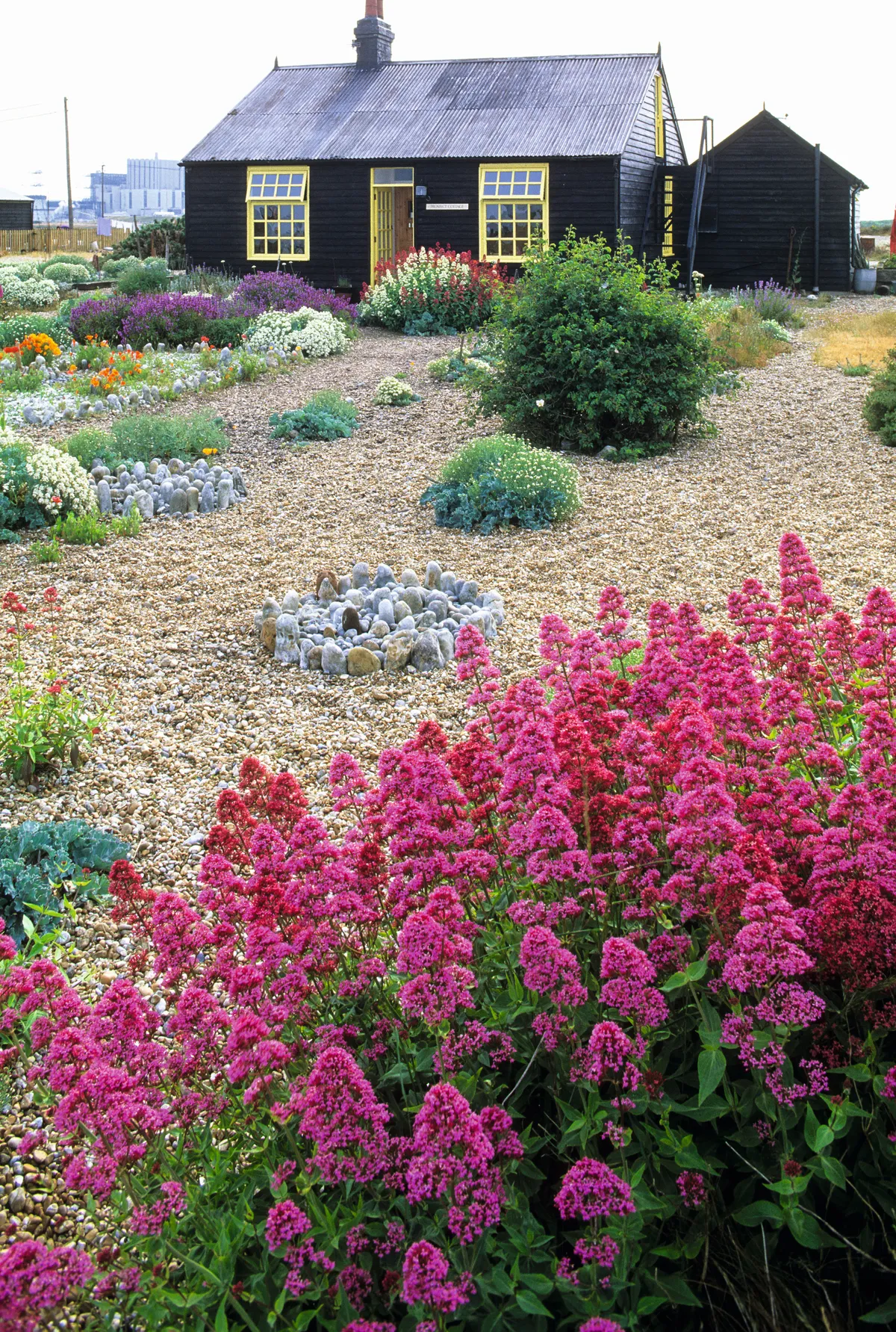
In his garden at Prospect Cottage near Dungeness, the late film director Derek Jarman used small circles of driftwood, shells and flints to create miniature worlds within the shingle substrate. Punctuated by areas of colour, the shingle dominates, setting the tone and bringing cohesion to the garden, and creates a seamless transition to the surrounding coastline.
Words Sarah Price
